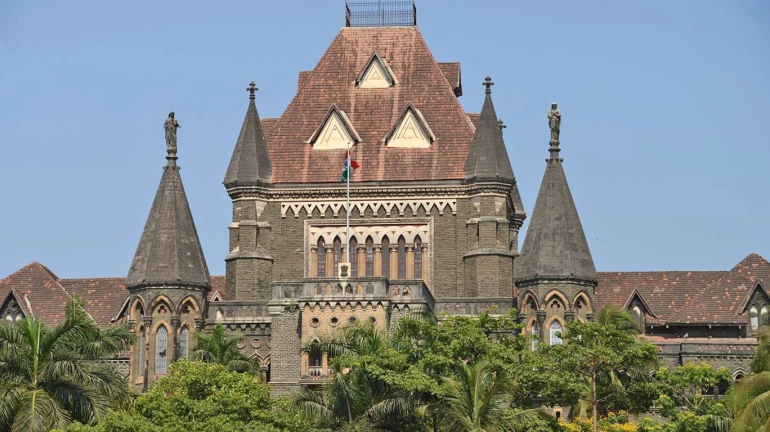
The Bombay High Court (HC) recently acquitted a man and his family of "cruelty" charges under Section 498A of the Indian Penal Code. The court clarified that insulting a woman and not allowing her to watch television could not be considered "cruelty" under the law.
The case revolved around the death of a woman who died by suicide in 2002. She had allegedly been subjected to cruelty by her husband and in-laws that led to her death. The high court noted that such incidents fell under household issues rather than legal cruelty. The family was initially found guilty of both abetment to suicide under Section 306 and cruelty under Section 498A.
In the appeal, the bench considered claims that the woman was insulted for her cooking. She was stopped from going to the temple or meeting neighbours and was not allowed to watch television. She was also allegedly made to lie on a carpet, fetch water at midnight, and could not dispose of trash alone.
The high court decided that these incidents did not come under IPC Section 498A. Justice Abhay S. Waghwase, in his judgement, highlighted that cruelty is a relative concept and cannot be applied uniformly. He noted that such actions were not extreme enough to constitute legal cruelty. He also mentioned that it was unclear how the teasing occurred or who participated.
The judge referenced testimony showing that water supply in the village was only available at midnight, meaning fetching water at odd hours was typical. He also observed that the woman had stayed with her in-laws over two months before her death. Therefore, the suicide could not be directly linked to any actions by her husband or in-laws.
According to witness statements, the woman had no recent complaints or mentions of harassment close to the time of her suicide. The court said that there was no evidence of consistent or repeated abuse leading up to her death. The absence of any documented demands or severe actions made it difficult to find a link to her suicide.
Additionally, Justice Waghwase criticised the trial court for its remarks during the 2004 conviction. He claimed that those statements seemed misplaced and unfounded. He also said that there was no evidence of mistreatment of the woman.
In the final ruling, the high court acquitted the accused, concluding that the allegations lacked sufficient basis to constitute cruelty under Section 498A.





